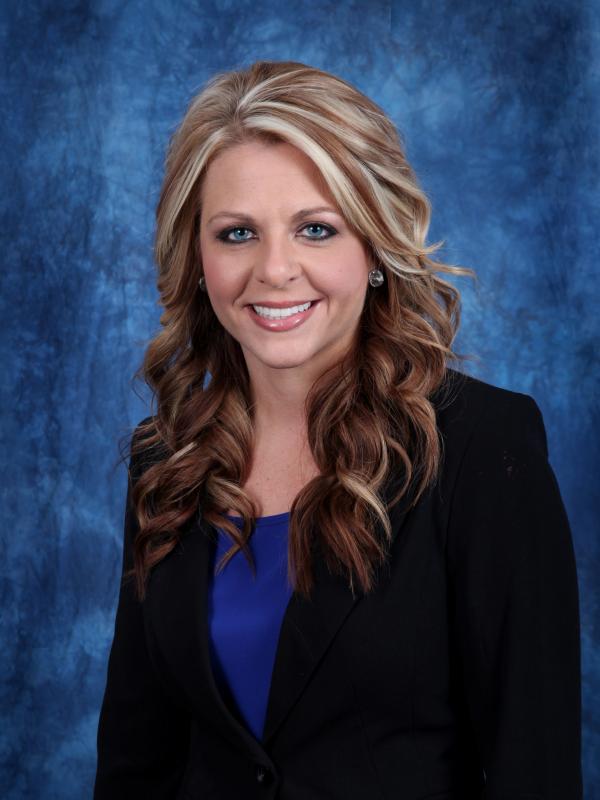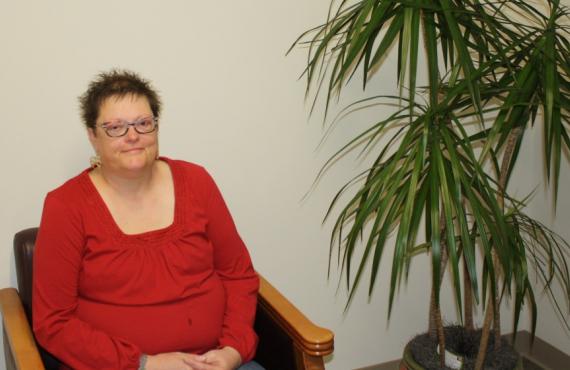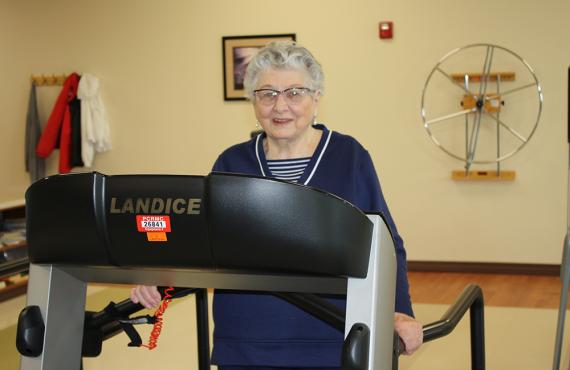Published on October 28, 2021
Read Time: Three Minutes
By Jinna Lisenbe, AGPCNP-BC
Phelps Health
A mammogram is an X-ray picture of your breast. Mammograms are used as a screening tool to detect early signs of breast cancer.

Except for skin cancer, breast cancer is the most common cancer in women in the United States. Approximately one in eight women will develop invasive breast cancer during the course of her lifetime.
The risk of breast cancer increases at age 40 and continues to rise as you get older. Having a mammogram typically takes less than 30 minutes and may save your life.
Here are five reasons to get a mammogram:
1. Mammograms lower your risk of dying from breast cancer. Mammograms do not prevent breast cancer but can often detect small areas of cancer that cannot be felt during an exam. Mammograms may detect cancer about three to five years before you are able to feel a lump. Early detection of breast cancer allows for more treatment options and better long-term survival.
2. Mammograms are safe, and radiation exposure is minimal. During a mammogram, patients are exposed to only a small amount of radiation. The amount of radiation exposure during the procedure is less than that of a standard chest X-ray. The benefits of regular mammograms outweigh the potential risk of this exposure.
3. Most insurance plans and Medicare cover the costs of mammograms. Federal law requires that all private insurance plans and Medicare cover the cost of annual screening mammograms.
If you do not have insurance, community resources may be available to help cover the cost of your mammogram. Each October, Phelps Health offers 50 free mammograms for uninsured women. The Phelps Health Foundation Breast Center Mammography Program can help patients without necessary financial resources get a mammogram.
Show Me Healthy Women is a program that offers free breast and cervical cancer screening for Missouri women who meet certain eligibility requirements and do not have insurance to cover recommended screenings.
4. The risk factors for breast cancer are numerous. About 85% of women diagnosed with breast cancer have no family history of breast cancer. While family history may not be a good predictor of your chances of getting breast cancer, factors that may increase your risk of breast cancer include the following:
- Getting older
- Genetic mutations, such as BRCA1 and BRCA2
- Early menstrual periods or late menopause
- Having dense breasts
- Personal history of breast cancer
- Previous radiation therapy to the chest or breasts
- Not being physically active
- Being overweight
- Taking hormones
- Reproductive history
- Drinking alcohol
If you have a personal or family history of breast cancer or other high risk factor, talk with your healthcare provider about when you should begin screening mammograms.
5. Professionals across the board recommend mammograms. The following medical associations all agree that women should begin yearly mammograms at age 40:
- American Cancer Society
- American Medical Association
- American College of Radiology
- American College of Obstetricians and Gynecologists
- National Cancer Institute
- National Comprehensive Cancer Network
Talk with your healthcare provider if you have questions about when or how to begin your mammogram screening.
Jinna Lisenbe, AGPCNP-BC, is a nurse practitioner specializing in radiation oncology at Phelps Health. Learn more about cancer care services at Phelps Health or call the Phelps Health Delbert Day Cancer Institute at (573) 458-3324.
Schedule Your Mammogram Today
You do not need a physician referral for a screening mammogram at the Phelps Health Comprehensive Breast Center. To make an appointment, please call Centralized Scheduling at (573) 458-7737.

